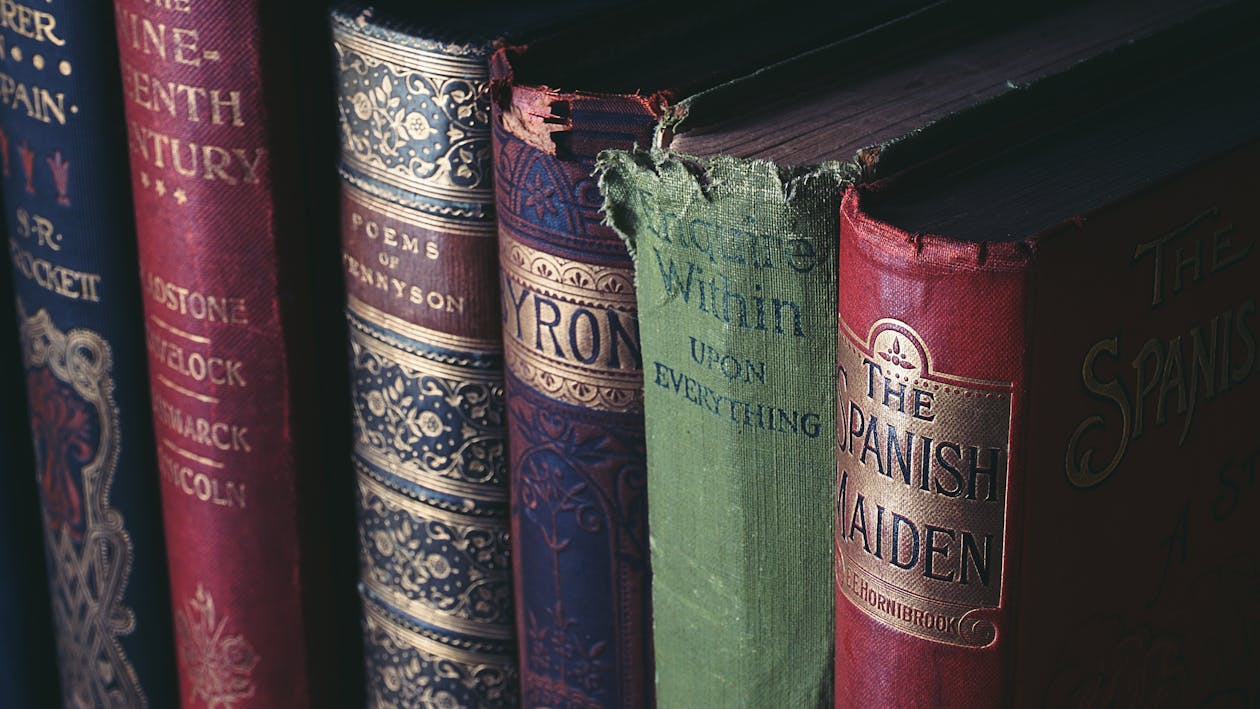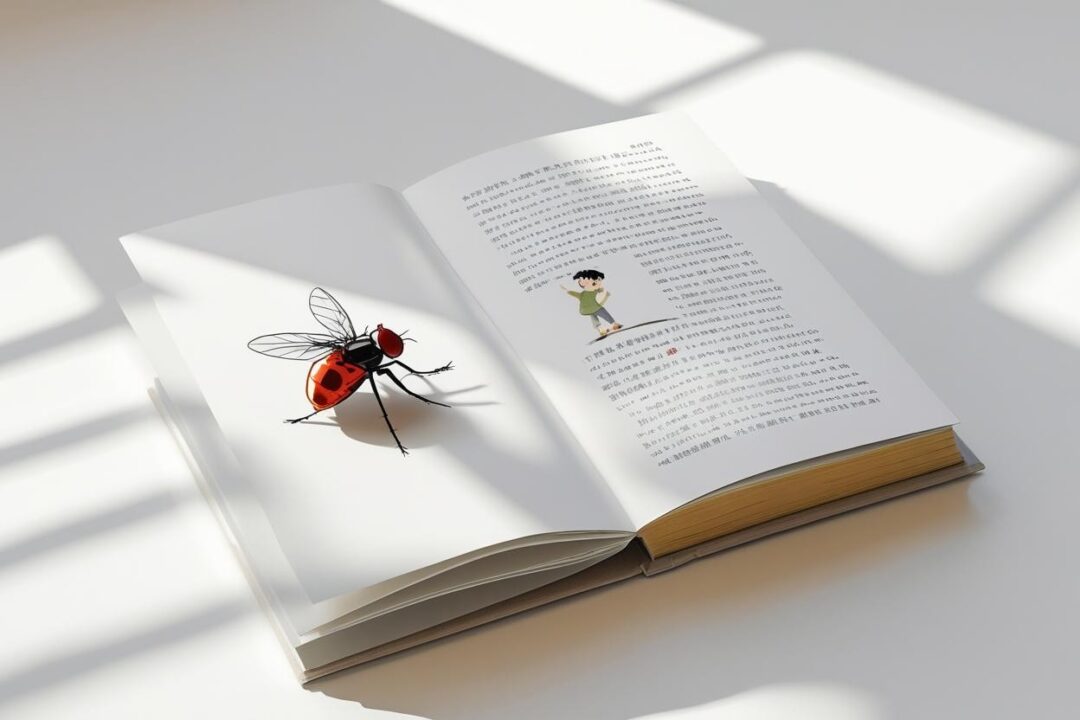What Makes a Book a Classic?
Classic books are distinguished by their enduring quality and universal appeal. These works transcend time, offering insights into the human condition that remain relevant across generations. A classic is often characterized by its exploration of timeless themes, such as love, power, and morality, and its ability to provoke thought and discussion.
The Role of Classic Literature in Education
Classic literature plays a pivotal role in education by providing students with a foundation in literary analysis and critical thinking. These texts serve as a gateway to understanding complex narratives and diverse perspectives, fostering a deeper appreciation for the written word.
The Enduring Appeal of Classic Books
Timeless Themes and Universal Messages
The themes explored in classic literature are timeless, resonating with readers regardless of their cultural or historical context. Works such as Pride and Prejudice and 1984 delve into issues of identity, freedom, and societal norms, offering insights that remain pertinent today.
Cultural and Historical Significance
Classic books often reflect the cultural and historical contexts in which they were written, providing readers with a window into the past. This historical significance enriches the reading experience, allowing individuals to explore different eras and societies through the lens of literature.
Essential Classic Books for Every Reader
American Classics
“To Kill a Mockingbird” by Harper Lee
Harper Lee’s To Kill a Mockingbird is a seminal work in American literature, addressing themes of racial injustice and moral growth. Set in the Deep South during the 1930s, the novel follows the journey of Scout Finch as she navigates a world rife with prejudice and inequality.
“The Great Gatsby” by F. Scott Fitzgerald
F. Scott Fitzgerald’s The Great Gatsby captures the essence of the Roaring Twenties, exploring themes of wealth, ambition, and the American Dream. Through the eyes of narrator Nick Carraway, readers are introduced to the enigmatic Jay Gatsby and his pursuit of love and success.
British Classics
“Pride and Prejudice” by Jane Austen
Jane Austen’s Pride and Prejudice is a beloved classic that delves into themes of love, class, and social expectations. The novel follows the spirited Elizabeth Bennet as she navigates the complexities of romance and family dynamics in 19th-century England.
“1984” by George Orwell
George Orwell’s 1984 is a dystopian masterpiece that explores the dangers of totalitarianism and the erosion of individual freedoms. Set in a world of constant surveillance and propaganda, the novel serves as a cautionary tale about the power of authoritarian regimes.
World Literature Classics
“One Hundred Years of Solitude” by Gabriel García Márquez
Gabriel García Márquez’s One Hundred Years of Solitude is a landmark in world literature, blending magical realism with the rich history of Latin America. The novel chronicles the rise and fall of the Buendía family, offering a profound exploration of time, memory, and destiny.
“War and Peace” by Leo Tolstoy
Leo Tolstoy’s War and Peace is an epic novel that examines the impact of war on society and the human spirit. Set against the backdrop of the Napoleonic Wars, the book weaves together the lives of multiple characters, providing a panoramic view of Russian society.

The Educational Value of Classic Books
Enhancing Critical Thinking and Analysis
Literary Devices and Techniques
Classic literature is replete with literary devices and techniques that enhance the reading experience. From symbolism to foreshadowing, these elements encourage readers to engage with the text on a deeper level, fostering critical thinking and analytical skills.
Encouraging Diverse Perspectives
By exposing readers to diverse perspectives and experiences, classic books promote empathy and understanding. These works challenge preconceived notions and encourage individuals to consider alternative viewpoints, broadening their intellectual horizons.
Building Cultural Literacy
Understanding Historical Contexts
Classic literature provides valuable insights into historical contexts, allowing readers to explore different time periods and cultural landscapes. This understanding of history enriches the reading experience, offering a deeper appreciation for the complexities of human society.
Exploring Different Cultures and Societies
Through classic literature, readers can explore a myriad of cultures and societies, gaining a greater understanding of the world around them. These works serve as a bridge between different cultures, fostering cross-cultural dialogue and appreciation.
Challenges and Criticisms of Classic Literature
Relevance in Modern Times
Adapting to Contemporary Issues
While classic literature remains relevant, it must also adapt to contemporary issues and sensibilities. Educators and readers alike must consider how these works can be interpreted in light of modern values and societal changes.
Balancing Classic and Modern Texts
Incorporating both classic and modern texts into educational curricula ensures a balanced approach to literature. This balance allows students to appreciate the historical significance of classic works while engaging with contemporary narratives that reflect current issues.
Addressing Controversial Themes
Sensitivity to Modern Audiences
Classic literature often contains themes and language that may be considered controversial by modern audiences. Educators must navigate these sensitivities with care, ensuring that discussions around these works are respectful and inclusive.
The Debate Over Censorship
The debate over censorship in classic literature is ongoing, with some advocating for the removal of certain texts from curricula. This debate highlights the need for open dialogue and critical engagement with challenging themes, rather than outright censorship.
The Future of Classic Literature in Education
The Role of Technology in Preserving Classics
Digital Libraries and E-books
Technology plays a crucial role in preserving classic literature, with digital libraries and e-books making these works more accessible than ever. This accessibility ensures that classic texts continue to reach new generations of readers. And when it comes to finding affordable editions of these classics in print, students often turn to trusted resources like this guide to websites to buy cheap books or comparison platforms such as CampusBooks, which make it easy to shop smart and save on textbooks.
Online Discussions and Book Clubs
Online platforms host discussions and online book clubs focused on classic literature, fostering a sense of community among readers. These spaces give individuals the opportunity to share insights and engage with timeless works in new and interactive ways.
Encouraging a New Generation of Readers
Innovative Teaching Methods
Innovative teaching methods are essential in engaging a new generation of readers with classic literature. By incorporating multimedia resources and interactive activities, educators can make these works more relatable and engaging for students.
Fostering a Love for Reading
Fostering a love for reading is crucial in ensuring the continued relevance of classic literature. By encouraging curiosity and exploration, educators and readers can inspire a lifelong passion for literature and learning.




